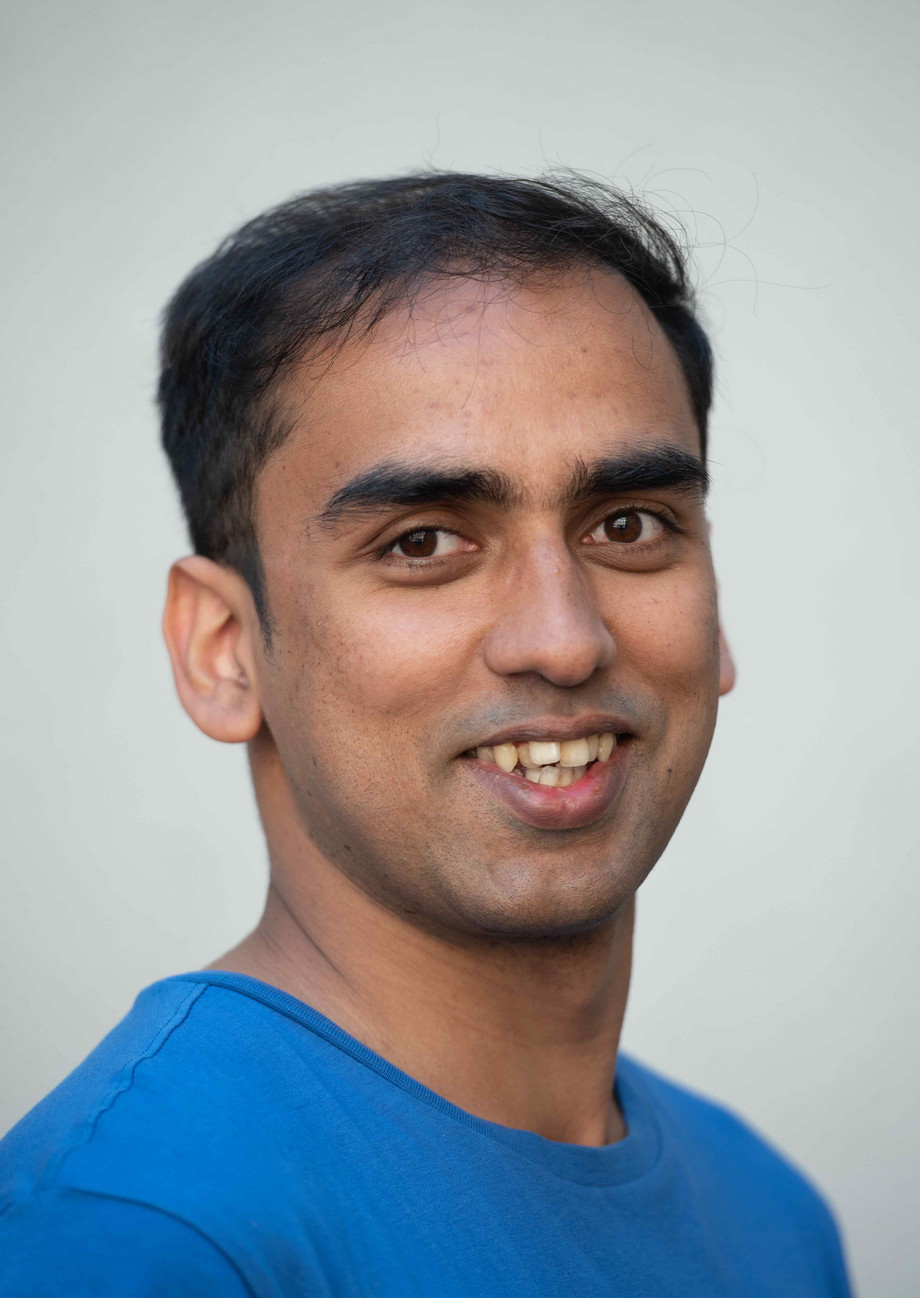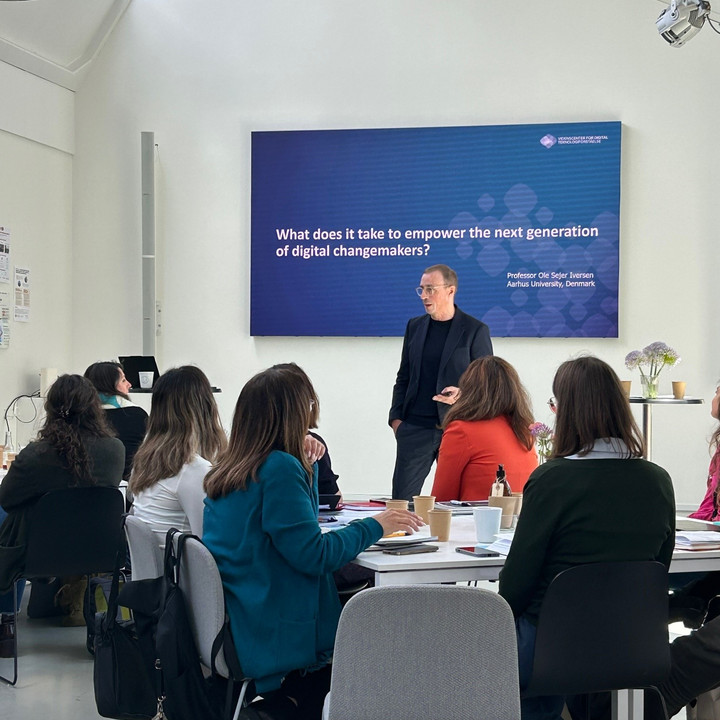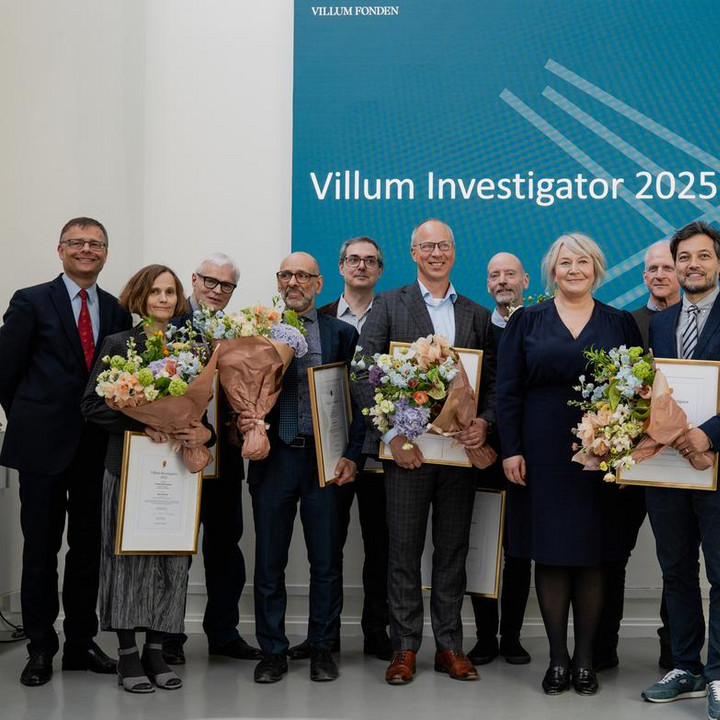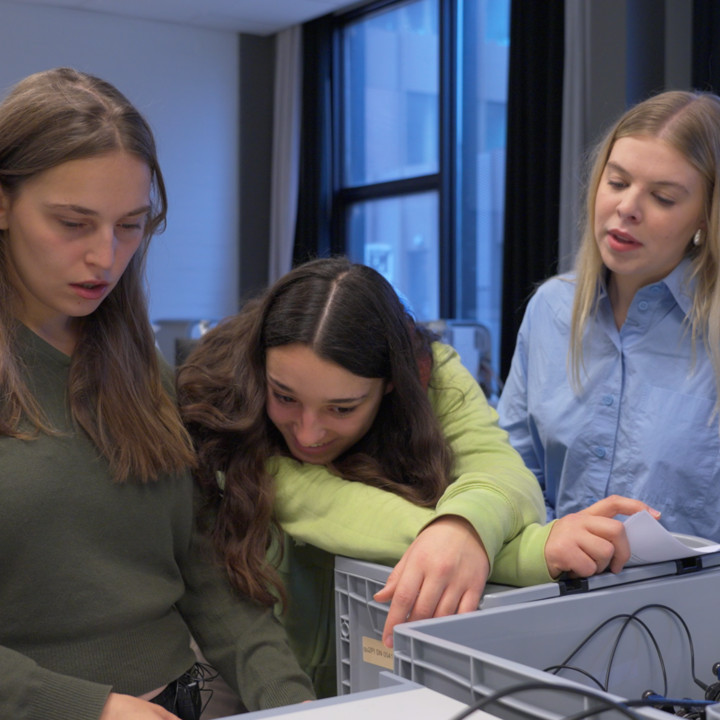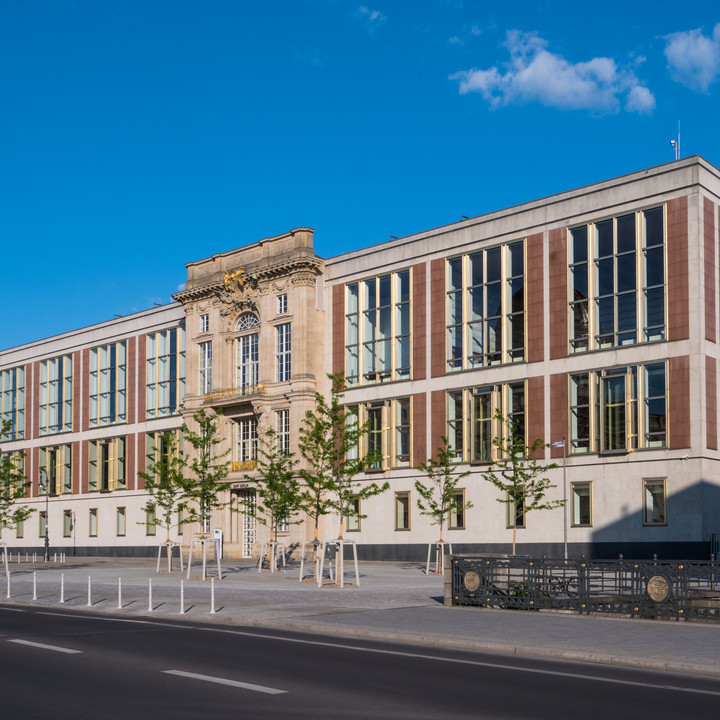Millions in funding for young researchers
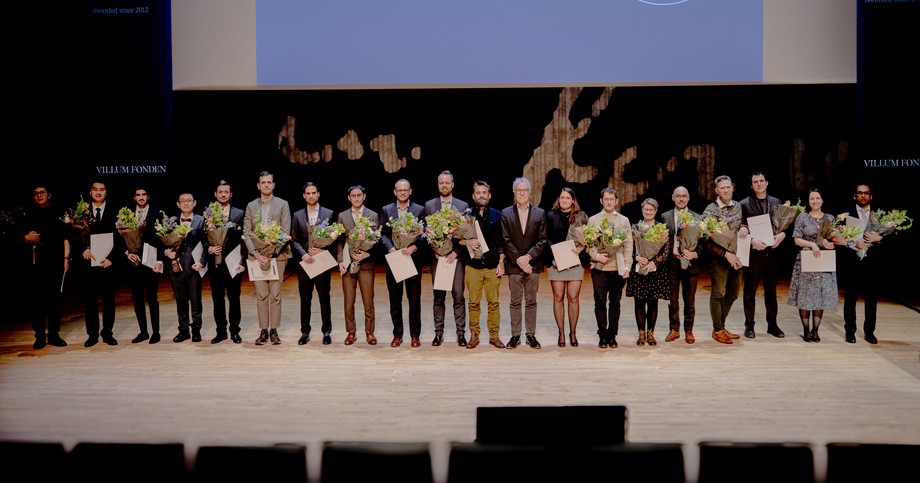
The Villum Foundation has just awarded more than DKK 150 million to 19 young and talented researchers who have the potential to make a significant independent contribution to the technical and natural sciences.
The grants will enable the researchers to establish their own research groups, lead a research project for the first time and carry out groundbreaking projects within the technical and natural sciences.
“With this initiative, we are giving young researchers the opportunity to pursue their research dreams. We are supporting them because we believe that free research and ambitious ideas are the key to solving the major challenges facing society and creating new knowledge for the benefit of us all,” says Thomas Bjørnholm, Chief Scientific Officer at the Villum Foundation.
From galaxies to songbirds
This year’s grantees are researching the universe’s first galaxies, the vocal performance of songbirds and the reproduction of plants in a warmer world. What they all have in common is that they have the courage to challenge the status quo and the willpower to create something new.
The 19 research talents have been selected from a strong field of applicants, and include both Danish researchers and foreign researchers affiliated with Danish universities.
“At the Villum Foundation, we want to support the development of top-class international research environments in close collaboration with the universities. We are doing so by investing in new research talents who we believe can contribute to promoting dynamic, inventive research environments at Danish universities,” says Thomas Bjørnholm.
The Villum Young Investigator Programme was launched in 2011, and has since supported more than 250 researchers. Over the year, several grantees have achieved significant research results and international breakthroughs.
- The Villum Young Investigator Programme focuses on attracting and retaining talented young Danish and international researchers at Danish universities. The aim is to support the development of high-level international university research environments.
- The Villum Foundation first granted funding under the Villum Young Investigator Programme in 2011.
- The programme has supported a total of 259 young research talents within the technical and natural sciences with total funding of more than DKK 1.8 billion.
- The grantees are Danish and foreign researchers affiliated with Danish research institutions.
- The programme kick-starts the grantees’ research careers: An evaluation has shown that 73% of grantees will continue to lead a research group after the end of the grant period. This applies to only 39% of the researchers who applied, but who did not obtain a grant from the programme. Only 30% of the grantees had a permanent position at the time of applying for funding from the foundation, a figure which subsequently increased to 65%.
- The Villum Foundation will accept new applications for the programme from 20 March 2025.
University of Southern Denmark, Mads Clausen Institute, DKK 9 million .
Inelastic electron tunneling as a nanoscale probe of light–matter interactions
This project aims to deepen our understanding of light–matter interactions at the nanoscale by developing new theoretical tools that harness inelastic quantum tunneling mediated by polaritons (hybrid light–matter excitations) in advanced nanostructures. This will enable the exploitation of new optoelectronic phenomena, uncover the complex response of nanomaterials, and enhance existing spectromicroscopies. The grant will support the recruitment of two PhD students and one postdoc.
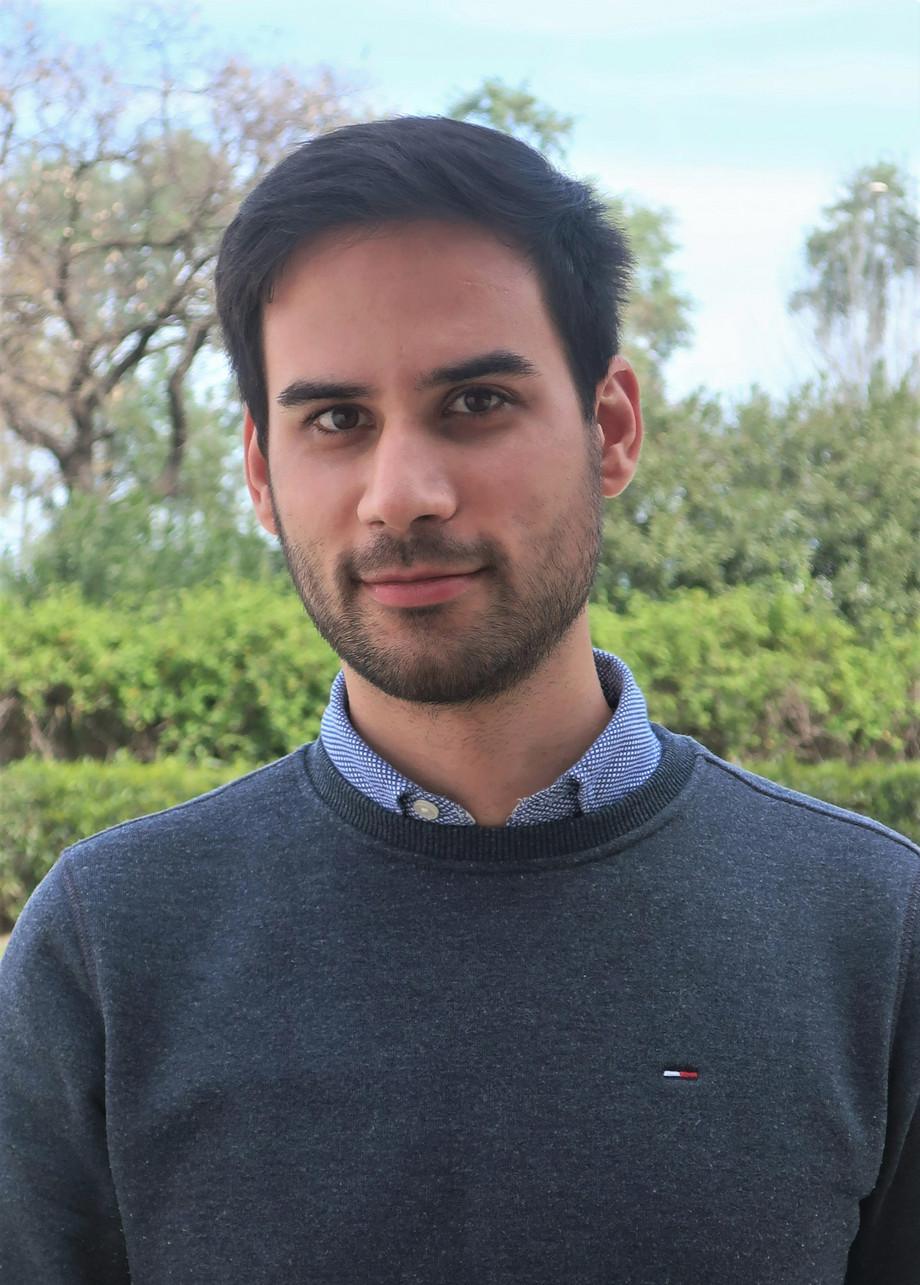
University of Southern Denmark, Department of Biology, DKK 7 million.
Why singing is golden: Linking singing exercise and vocal performance in songbirds
Vocal communication is vital for animals and humans. Male songbirds need to exercise vocal muscles daily to produce attractive songs, hence linking training to performance - a concept known in sports but overlooked in vocal communication. I propose a multidisciplinary approach using songbirds to explore how exercise affects vocal performance, with results likely advancing our understanding of vocal communication in vertebrates. The grant will allow the recruitment of a PhD student and a postdoc.
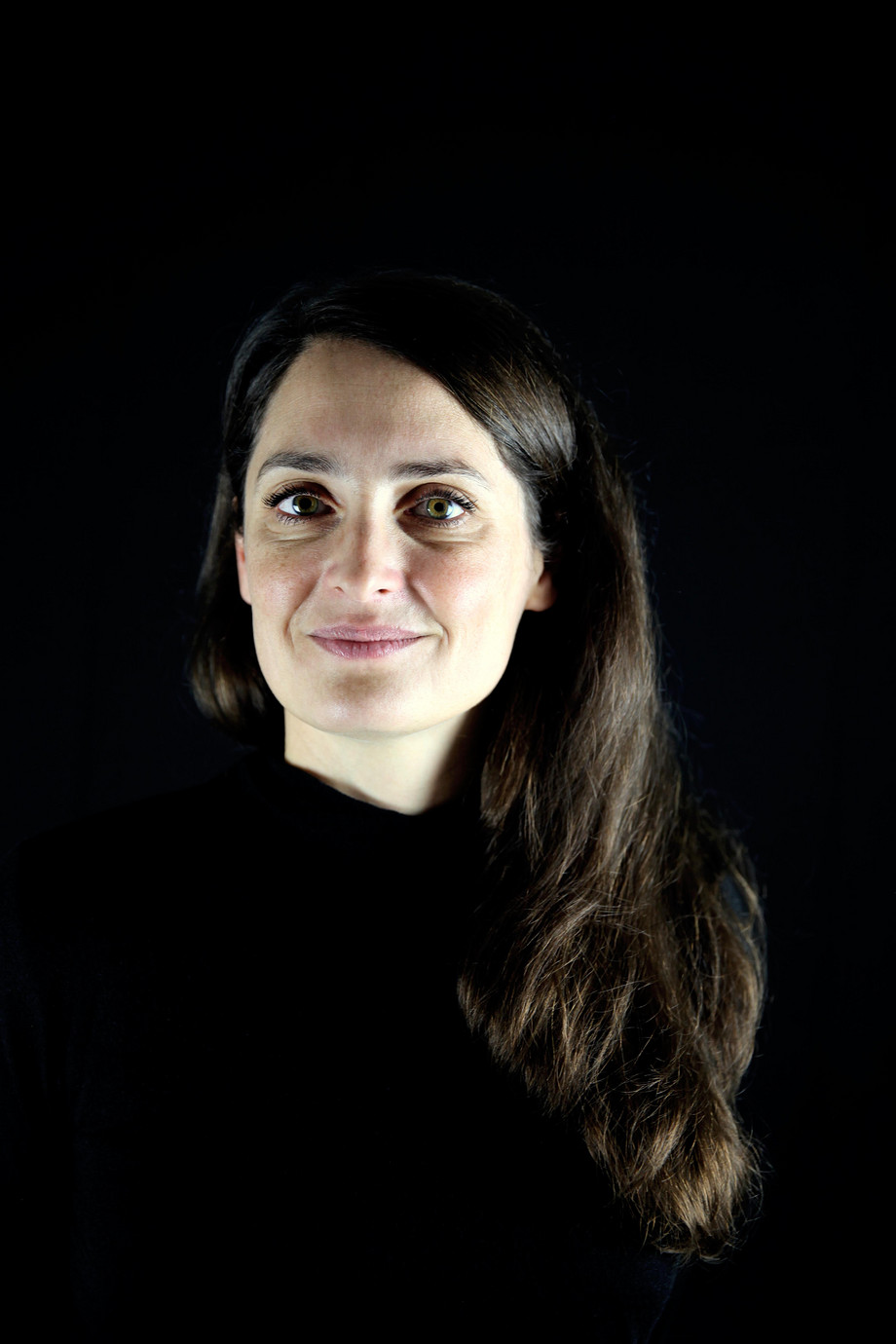
Aarhus University, Department of Computer Science, DKK 9 million.
Developing an online learning approach to multi-agent systems: Game dynamics and equilibria
Crucial social and economic settings increasingly involve interactions among machine learning algorithms. This project will investigate the behavior of such complex multi-agent systems by integrating game theory and online learning. Game theory is a long-established mathematical framework for examining strategic interactions, while online learning offers a formal framework for analyzing decision-making in machine learning systems. The project will support two PhD students and two postdocs.
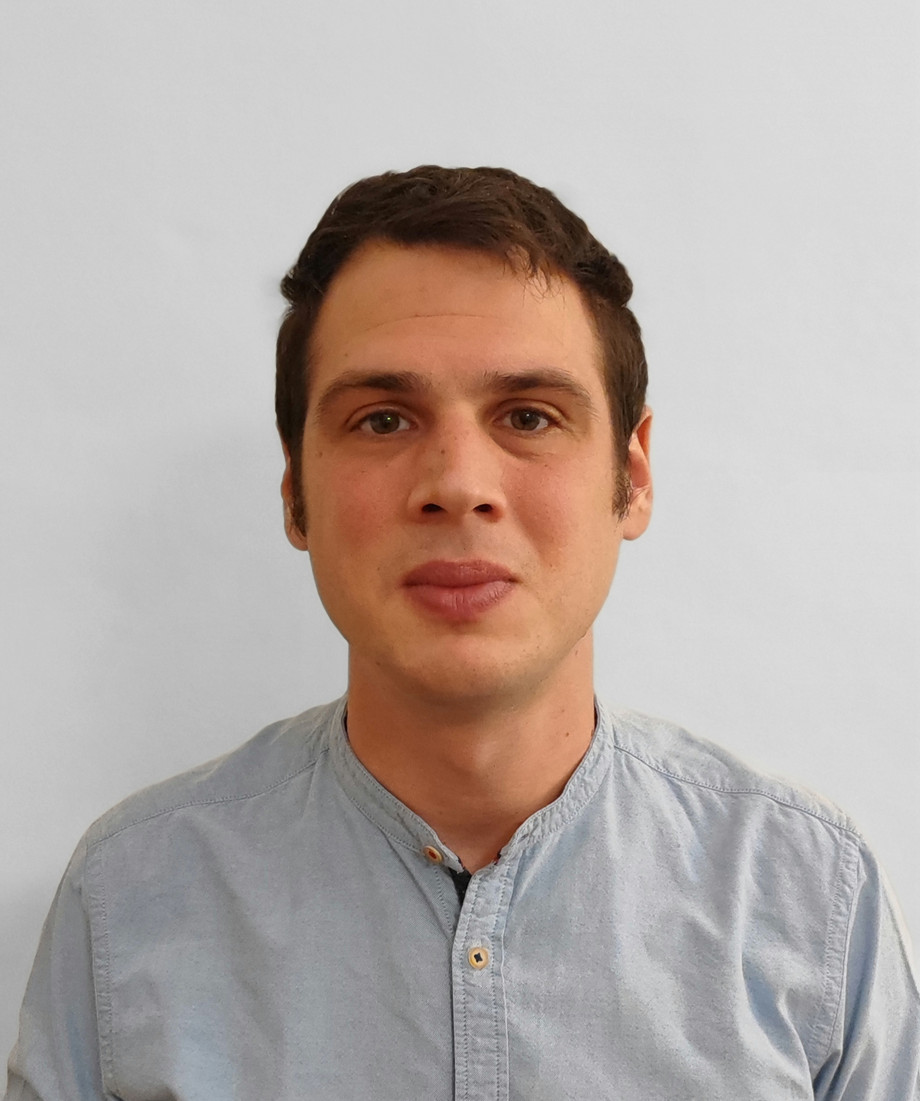
Aalborg University, Department of Chemistry and Bioscience, DKK 7 million.
Entropy in materials design: Accelerated discovery of disordered solid electrolytes
Design of new materials is essential for the green transition, but materials discovery is a slow process. Recent advances in computational chemistry promise to accelerate materials discovery, but these methods neglect the effects of entropy and disorder. In this project, we will develop computational methods to tackle entropic effects and apply these to design disordered solid electrolytes with applications in next-generation batteries. The grant will fund two PhD students and one postdoc.
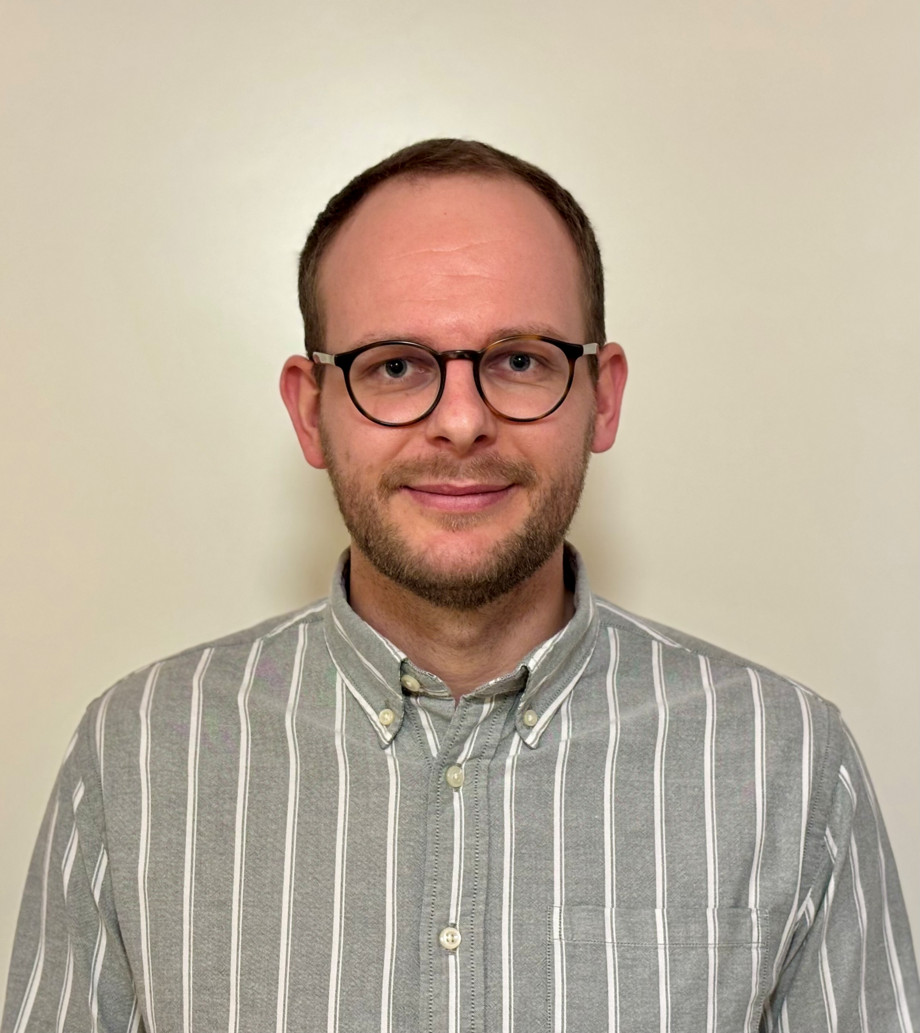
University of Copenhagen, Department of Biology, DKK 7 million.
Peatland exchange of atmospheric volatile carbon: Kinetics & mechanisms
Peatlands store more carbon than all global plants combined, but climate change may release a fraction of this carbon as volatile organic compounds, impacting air quality and climate. This project aims to study the processes and mechanisms behind the production and consumption of volatile carbon in peatlands and integrate them into climate models. The grant will establish an independent research group and allow the recruitment of one postdoc and one PhD student.
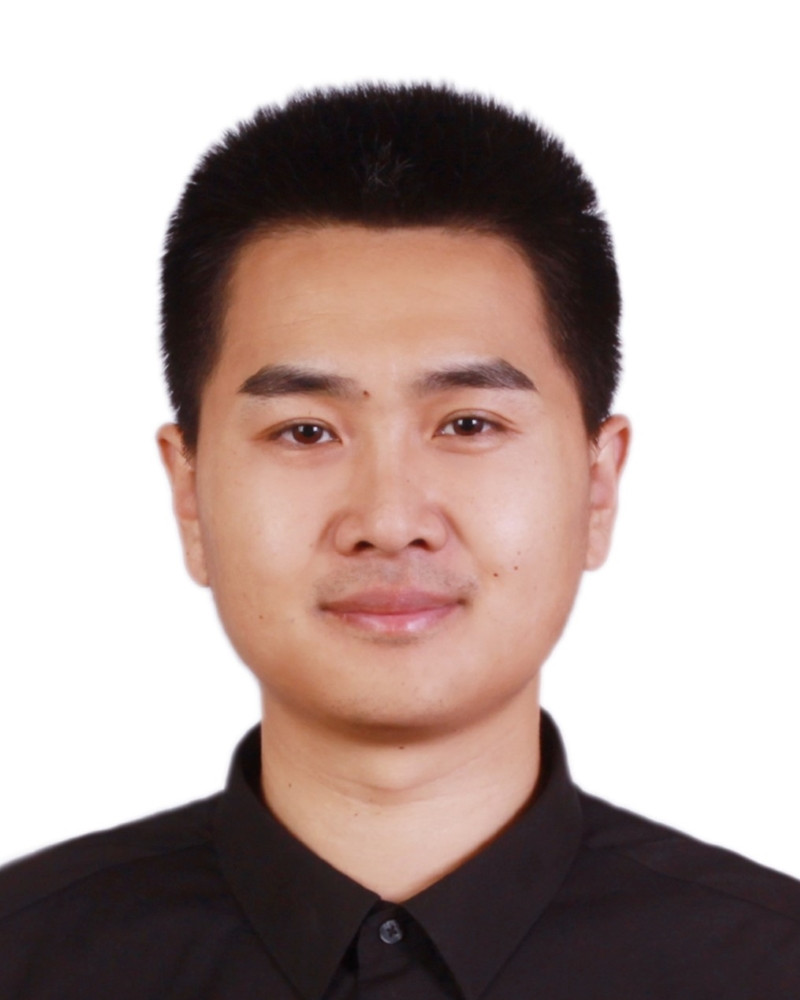
Aarhus University, Department of Chemistry, DKK 9 million.
Phase behavior of secondary organic aerosol particles and impacts on cloud formation
Tiny airborne particles, termed aerosols, are ubiquitous in Earth’s atmosphere. Depending on their properties, they can form clouds, impacting climate. However, these aerosol-cloud interactions are the largest source of uncertainty in climate predictions. This project strives to assess how secondary organic aerosols, a key type of atmospheric particles, contribute to cloud formation, and how this is governed by their phase behavior. This grant will allow to recruit two PhD students and two postdocs.
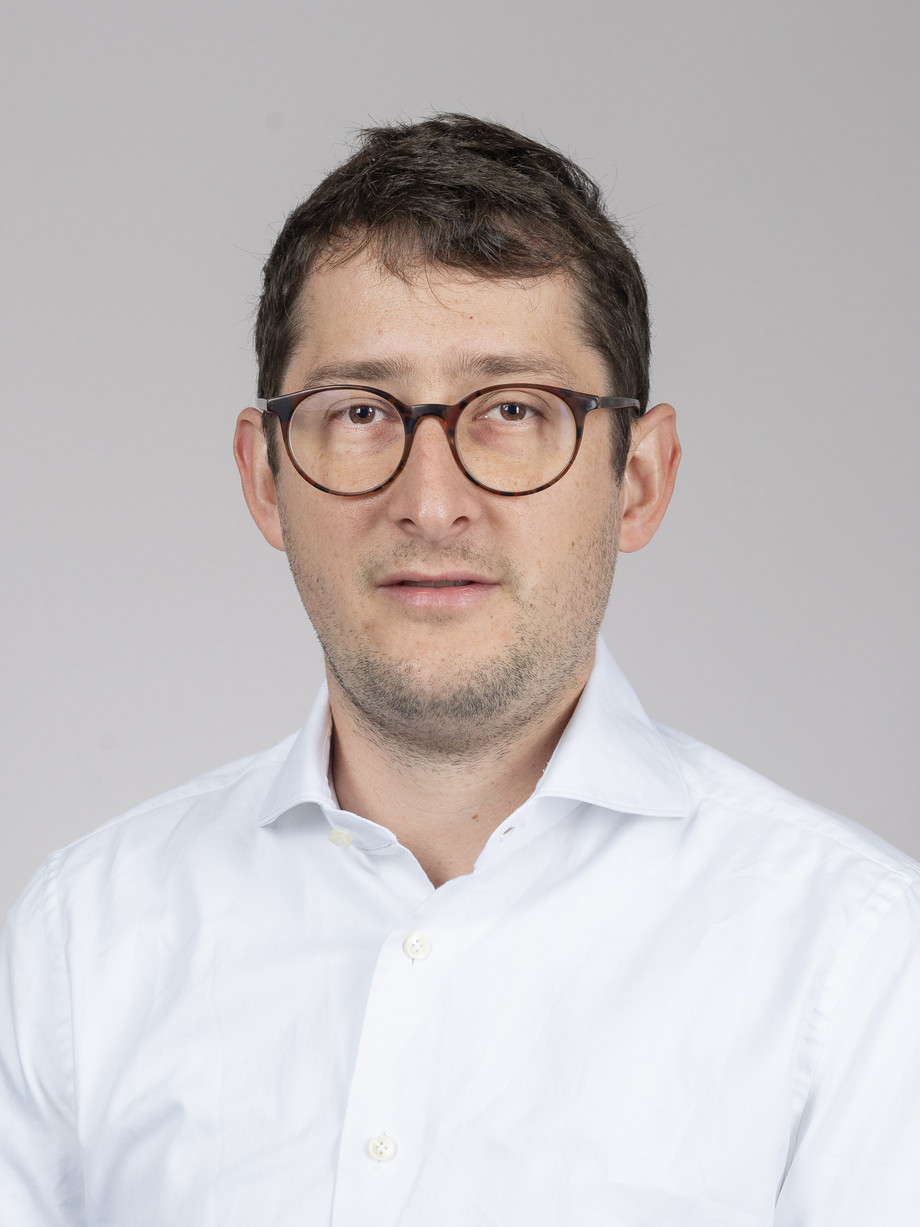
Aarhus University, Interdisciplinary Nanoscience Center, DKK 7 million.
The circles of life – exploring RNA-catalyzed rolling circle self-replication
The process by which life emerges from chemical building blocks is a heavily researched yet unresolved area. A key requirement for the origin of life is sustainable self-replication. In modern life, the self-replication process is complex, involving DNA, RNA, and proteins, suggesting it did not emerge in this form. Inspired by the simplest natural replication, we will explore the potential of RNA to catalyze sustainable self-replication by itself. The grant will fund a PhD student and a postdoc.
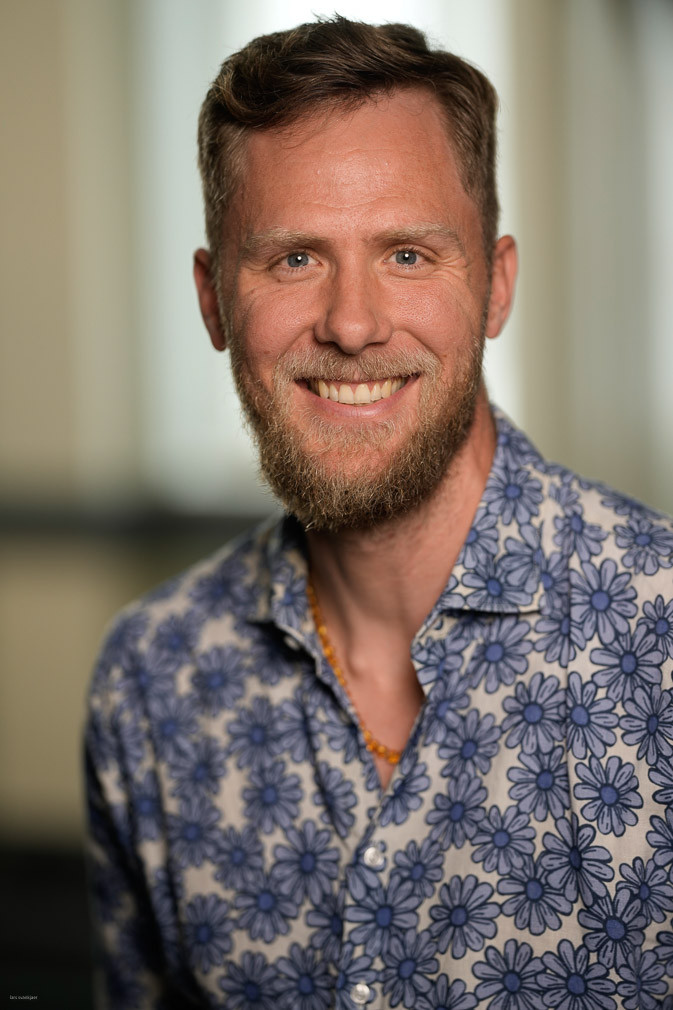
Technical University of Denmark, DTU Physics, DKK 9 million.
Dynamic control of engineered quantum phases
Quantum materials can be designed to enhance existing properties or acquire entirely new ones, enabling behaviours not found in nature. This project will harness these capabilities by precisely engineering nanometre-scale patterns in two-dimensional materials. Using advanced lithography and spectroscopy, we aim to uncover new electronic phases and lay the foundation for scalable quantum devices. The grant will allow the recruitment of one PhD student and one postdoc.

Technical University of Denmark, DTU Physics, DKK 7 million.
Quantum light-matter hybrids via spatially designed photons
Current technological demands for faster, more efficient devices make it imperative to discover novel ways to design and functionalize materials. This project rethinks material design by mixing light and matter at the quantum level. We will develop the theoretical tools to simulate realistic, tunable and responsive light-matter systems, guiding the transition from conceptual to practical applications at the interface of electronics and photonics. The grant will fund one PhD student and two postdocs.
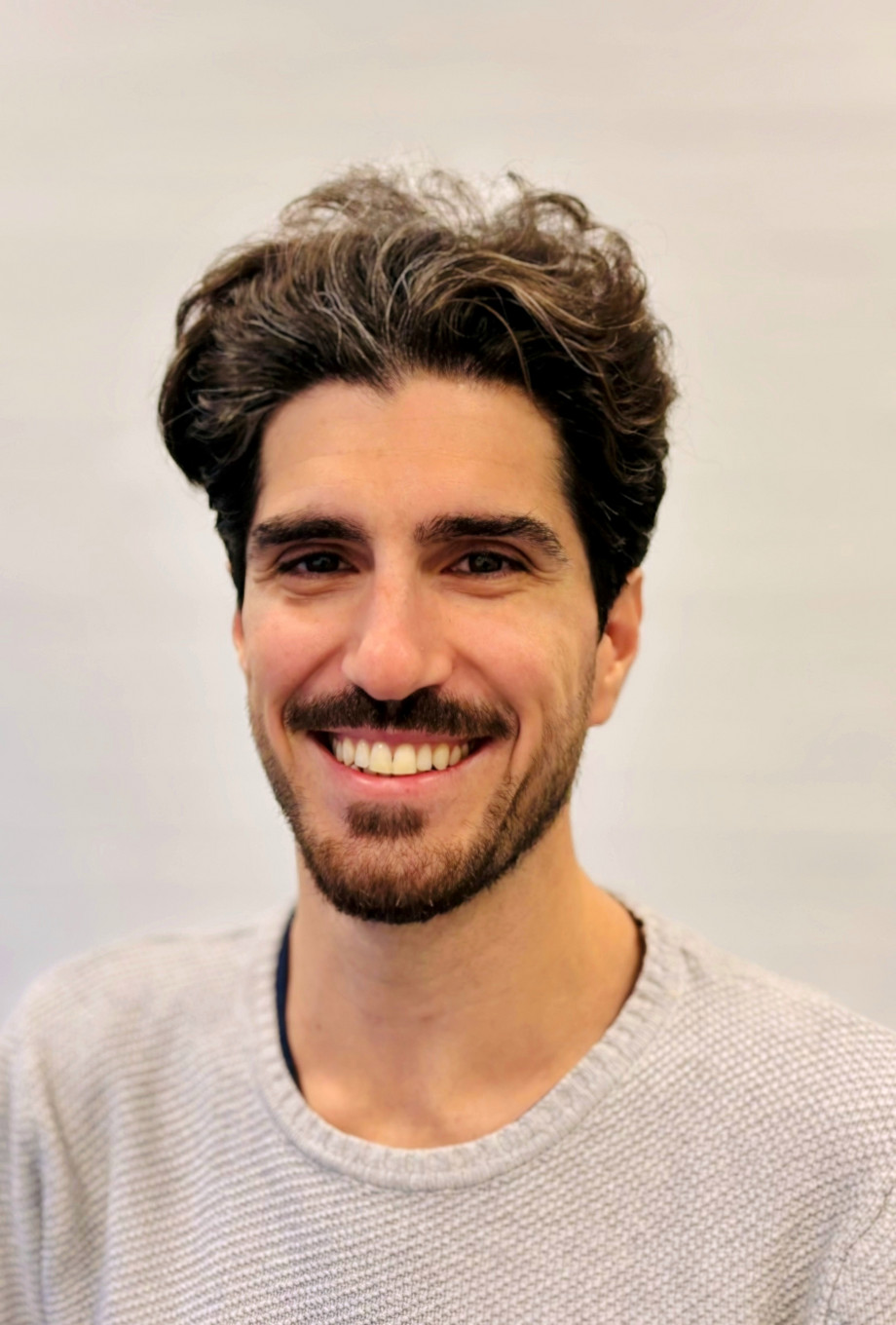
Geological Survey of
Denmark and Greenland (GEUS), Department of Glaciology and Climate, DKK 7 million.
Paleogenetic signatures of climate change on Arctic marine ecosystems
The Arctic as we know it is disappearing. Yet, we know surprisingly little about how food webs might cope with the multifaceted changes as baseline data is sparse and adaptive processes, like changing behavior, are hard to model. In PalArc, we will use deep-time marine sedimentary ancient DNA to study the relationships between climate change, biodiversity, and ecosystem functioning to ultimately improve the predictability of the future Arctic. The grant will allow the recruitment of two postdocs.
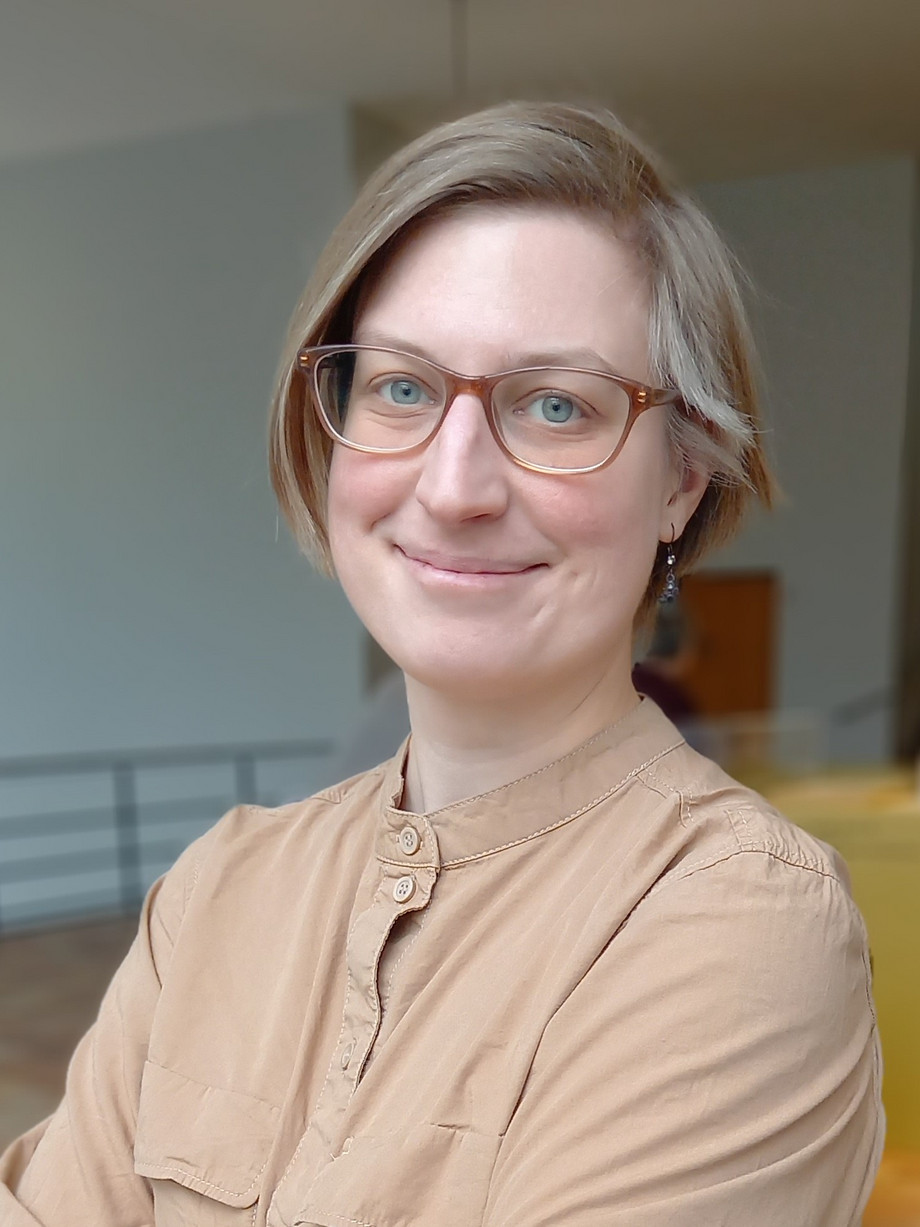
University of Copenhagen, Niels Bohr Institute, DKK 9 million.
The origin of the first galaxies and the cosmic phase transition by mapping the Universe in 3D
What happened during the first billion years of the Universe? While Big Bang cosmology provides the currently accepted theory, we still do not know how structures like the first galaxies, stars, and black holes emerged in the cosmos. Using the James Webb Space Telescope, this project aims to create a 3D map of the Universe to probe the origins of the first galaxies and how they transformed the environment of the early Universe. The grant will fund one postdoc and one PhD student.
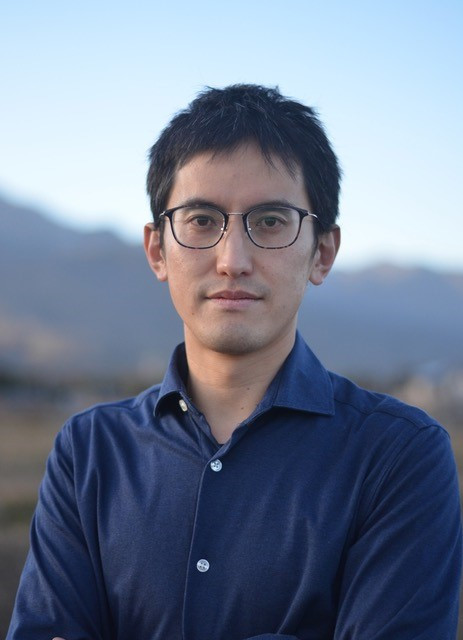
Aarhus University, Department of Ecoscience, DKK 7 million.
Integrating AI into aquatic ecosystem models to decode ecological complexity'
Lakes are precious ecosystems which are threatened by land use and climate change. Reliable simulations are paramount for management, but current models underperform. This project aims to use machine learning to explore ecosystem processes, and to develop hybrid models that integrate deep learning into process-based modeling. This will provide improved projections for water quality challenges like algae blooms. The grant will fund one PhD student and one postdoc.
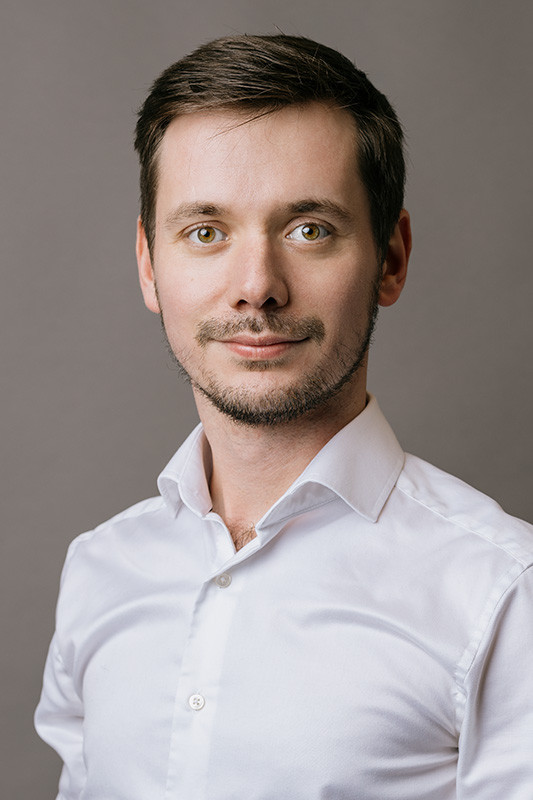
University of Copenhagen, Department of Biology, DKK 7 million.
Deciphering the mechanisms of gene regulation on tissue development
The development of tissues relies on the selective activation of genes in different cell types. Enhancers are short DNA-sequences spread across the genome that regulate the extent of gene activation in all cells of an organism. However, it has so far been impossible to measure their activity in single cells. To overcome this we will establish new methods and identify key gene regulatory mechanisms defining how cell types and tissues emerge. The grant will fund one PhD student and one postdoc.
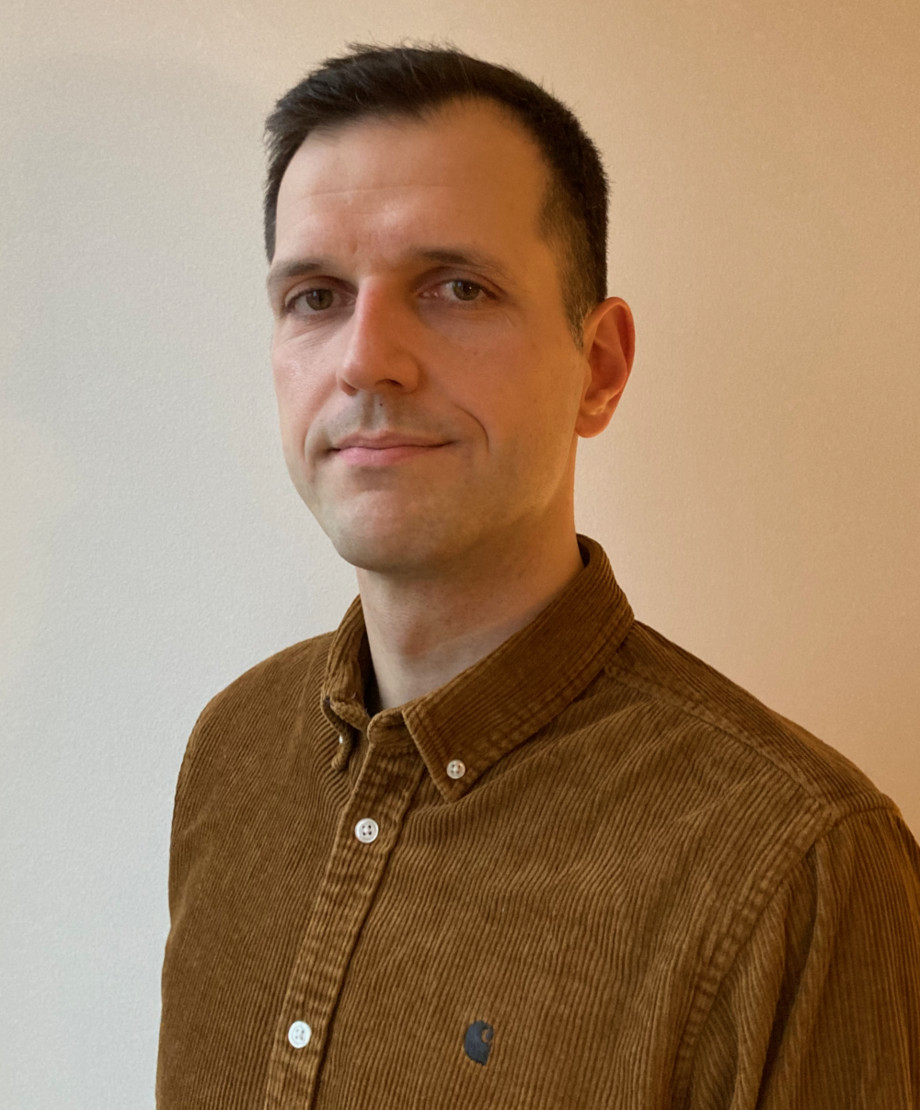
University of Copenhagen, Natural History Museum of Denmark, DKK 9 million.
Unravelling the diversity, evolution and host association of the fungal mirobiome associated with sap-sucking insects
Insect-associated fungi are vital components of terrestrial ecosystems, yet their diversity, host associations, and evolutionary history remain largely unknown. This project aims to address these gaps by exploring the relationships between fungal lineages and sap-sucking hemipteran insects in native forests and agricultural systems across South America, Africa, and Asia. The grant will support the recruitment of two postdocs.
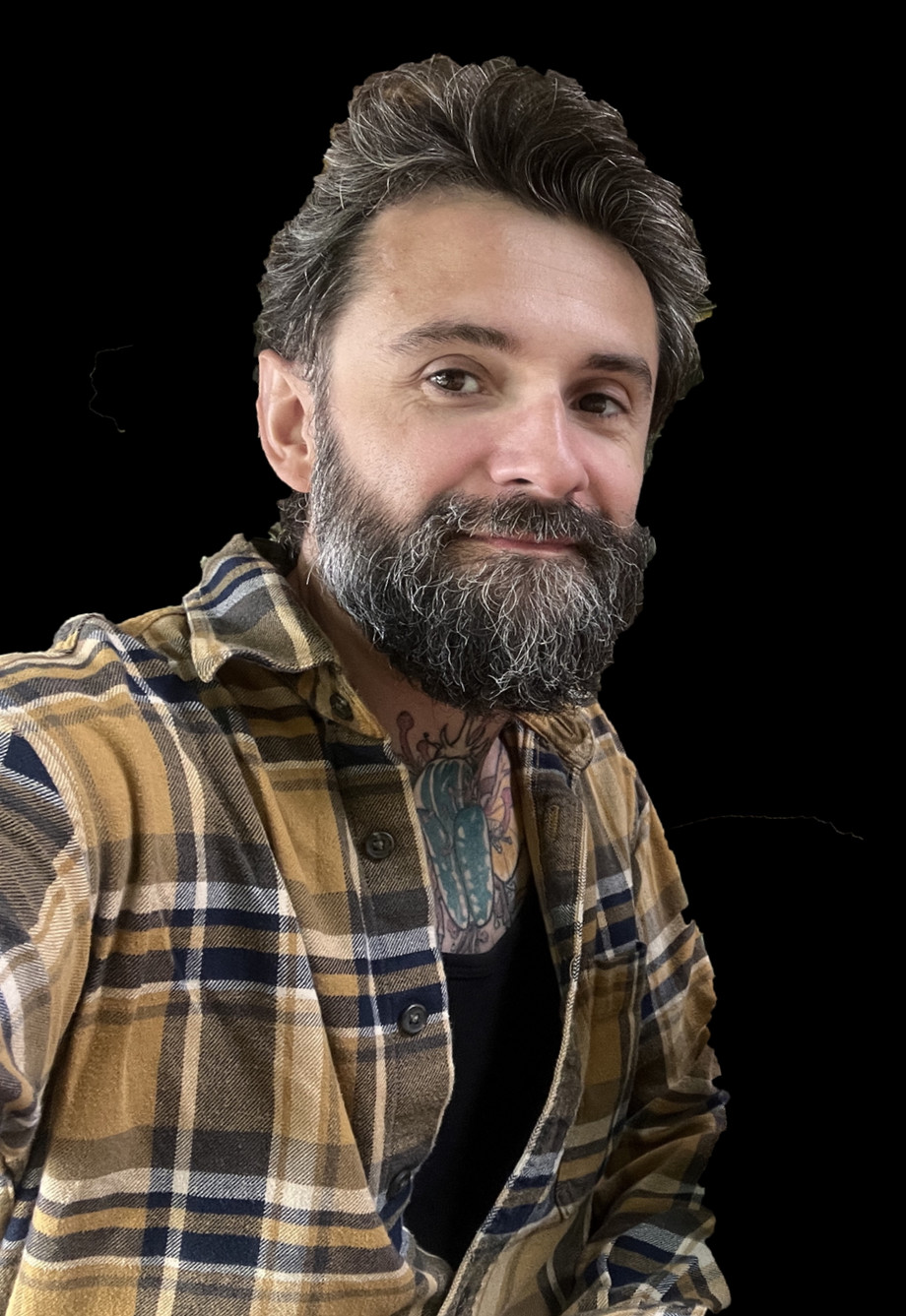
University of Copenhagen, Niels Bohr Institute, DKK 9 million.
Emergent universe from matrix quantum mechanics
String theory provides a paradigm for unifying Einstein’s theory of gravity and quantum mechanics. This project aims to better understand how gravity emerges from a relatively simple quantum system of a matrix, and explores its implications for non-perturbative string theory and our Universe. It will employ a novel non-Lorentzian geometrical perspective that treats space and time differently. The grant will allow for the recruitment of a PhD student and a postdoc.
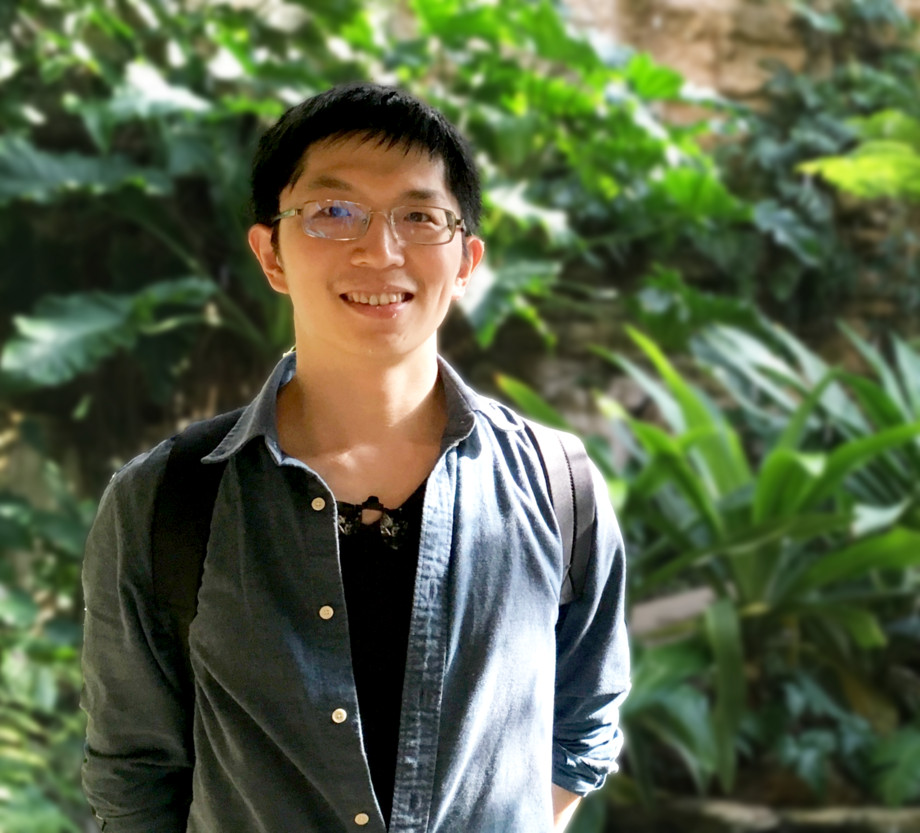
Aarhus University, Department of Mathematics, DKK 9 million.
Understanding C*-algebras by inducing symmetries
The mathematical theory of C*-algebras traces its origins all the way back to the development of quantum mechanics, yet the problem of decomposing C*-algebras into simpler parts still remains open. The goal of this project is to solve this problem for a large class of C*-algebras arising from groupoids, by developing new ideas for inducing information from symmetries in the underlying groupoid to its C*-algebra. The grant will allow for the recruitment of a PhD student and two postdocs.
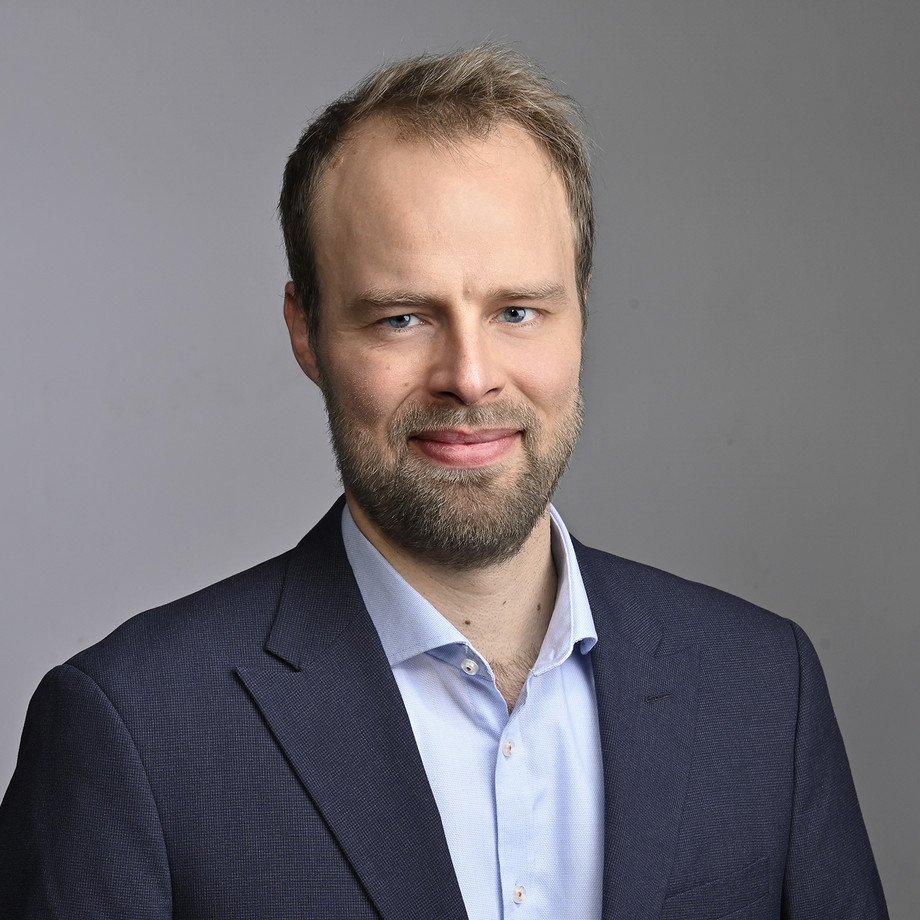
Aarhus University, Department of Agroecology, DKK 8,8 million.
Digital twin for climate-smart agriculture
Tracking agroecosystem carbon flows is crucial to assess greenhouse gas emissions and improve crop production. This project will develop a digital twin framework integrating remote sensing, agroecosystem modeling, and ground data via process-guided machine learning to scalably track field-level carbon dynamics in Denmark. It will unravel environment and management impact on field greenhouse gas emissions for fair carbon credit and tax accounting. The grant will fund two PhD students and two postdocs.
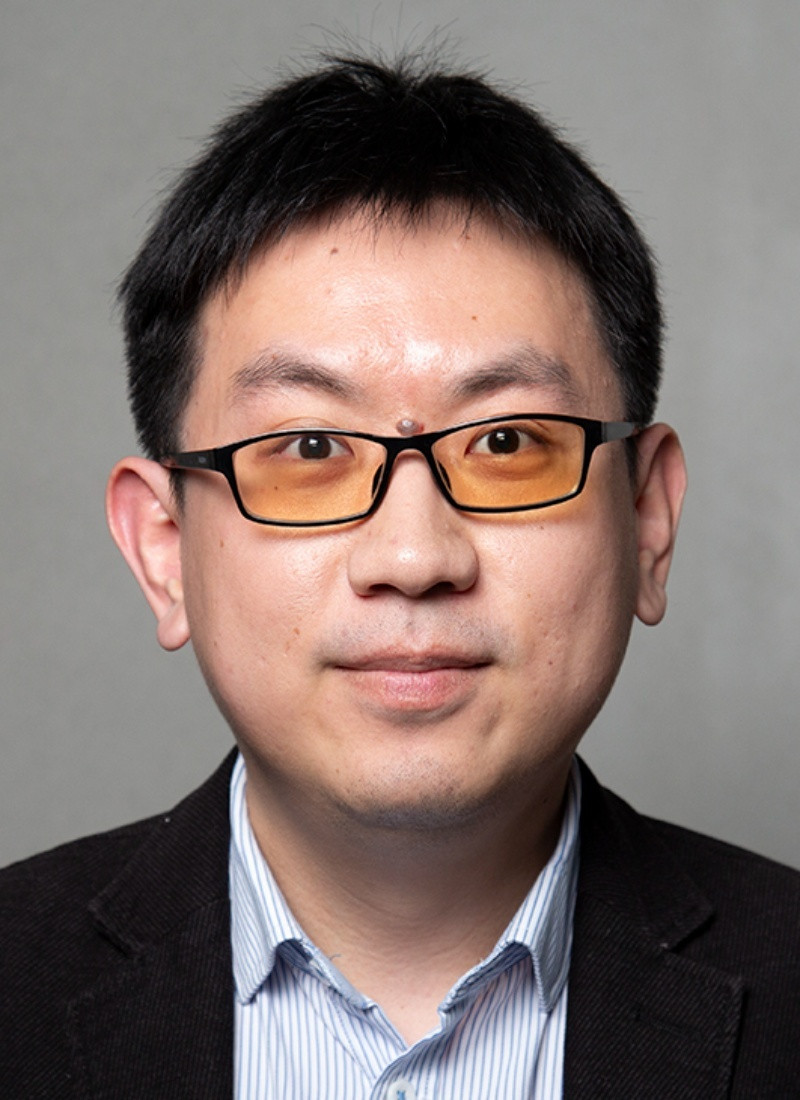
University of Copenhagen, Globe Institute, DKK 7 million.
Plant reproduction in a warming world: Uncovering the adaptability of mass flowering to climate change
Mass flowering, i.e. the synchronized, interannual production of pollen, underderpins forest regeneration and provides essential ecosystem services to people and wildlife. However, whether mass flowering will persist on a warming planet remains uncertain. This project will use fossil pollen DNA and morphology to investigate how past periods of global warming affected mass flowering of key tree species and to predict future trends. The grant will fund a PhD student and a postdoc.
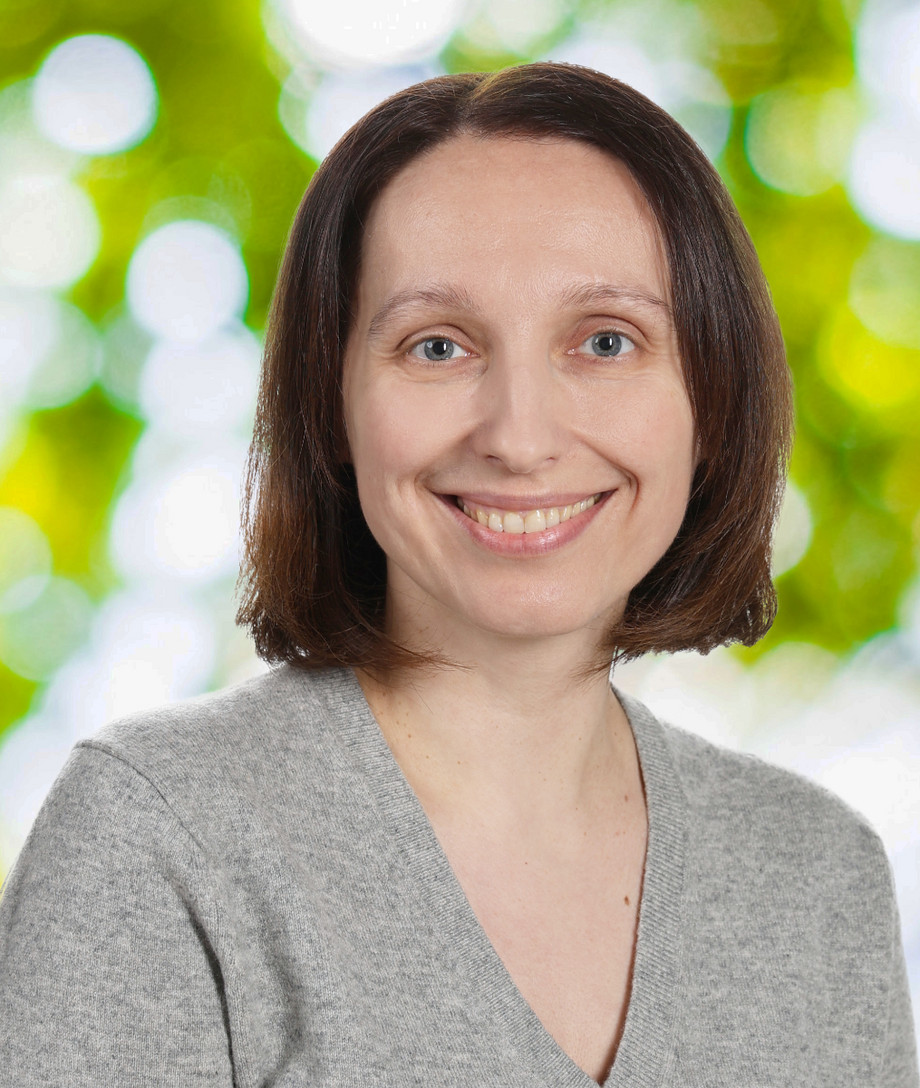
University of Copenhagen, Department of Computer Science, DKK 7 million.
Continually learning and unlearning with privacy
As AI systems becomes increasingly prevalent, they must continually learn from fresh data while avoiding repeated training. Many real-world uses involve sensitive data, requiring data privacy safeguards as well as facilitate unlearning of data to address the “right to be forgotten”. This project addresses how to effectively and continually learn and unlearn data while preserving performance. Over five years, this project will support two PhD students and one postdoc.
